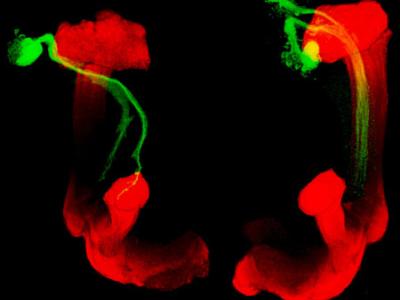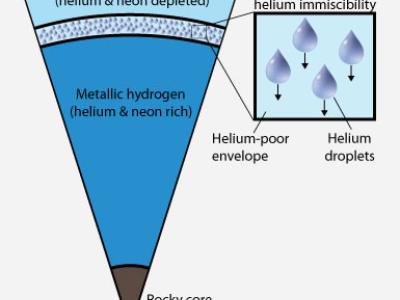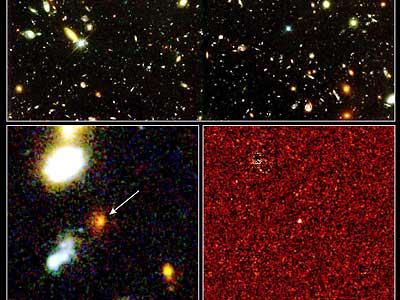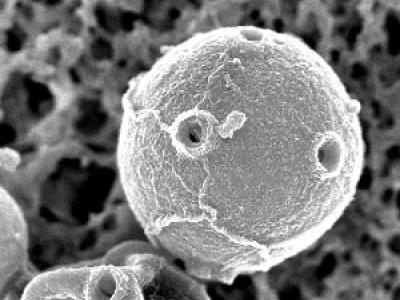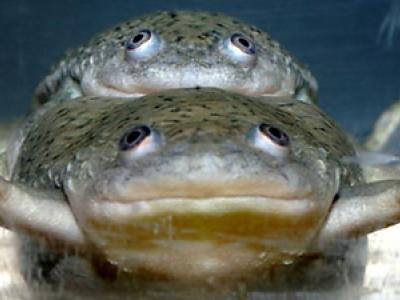Insulin-like signal needed to keep stem cells alive in adult brain
Most parts of the fruit fly brain, as well as the human brain, are devoid of neural stem cells, which means that once a nerve cell dies, it can't be replaced. A new study in fruit flies shows one way to keep these stem cells from disappearing as the brain matures.

